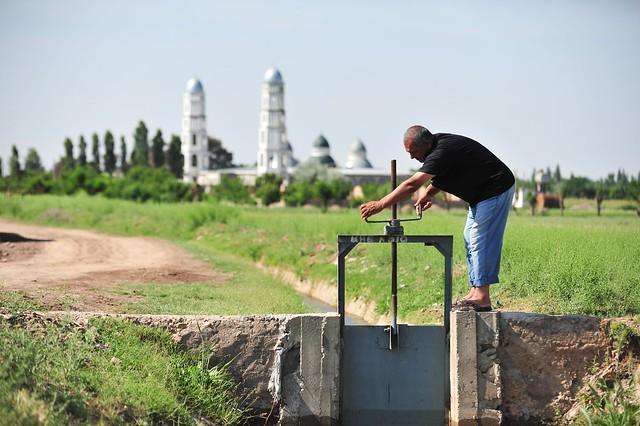of hydro 4u The project, funded by the EU’s Horizon 2020 program, will build water resilience in Central Asia by promoting small-scale hydropower (SHP) solutions that address the region’s water scarcity and energy security challenges. strengthen. By encouraging co-management of shared water resources and introducing climate-resilient technologies, the project will not only reduce tensions between upstream and downstream countries, but also create a sustainable water system that can adapt to future climate change. We also support water management practices. This integrated approach ensures equitable access to water while enabling communities to build resilience to environmental change.
Energy security is a pressing issue in Central Asia, where hydropower is the main renewable energy source. However, only a small portion of the region’s hydropower capacity is utilized. While upstream countries have abundant water resources, downstream countries face water scarcity, leading to tensions over shared resources.
Hydro4U designs and builds small-scale hydropower plants that consider the food-energy-water nexus and future climate change, while promoting peaceful conflict resolution related to cross-border resource management. We aim to address these challenges. These SHP plants are versatile, cost-effective, and designed to minimize environmental impact. Hydro4U, coordinated by the Technical University of Munich, brings together 13 partners from the hydropower industry, political bodies, scientific communities and social actors from eight countries in Central Asia and the EU.
The project will be constructed using a GIS-based decision support system that assesses sustainable hydropower potential based on techno-economic parameters, socio-economic aspects, ecological considerations and geomorphological processes. Two SHP demonstration plants were identified. This standardized methodology will help identify additional suitable locations within the region.
A pilot SHP plant designed to be easily replicated will simplify the construction process. Its construction facilitates simple assembly, and the use of standardized components eliminates the need for field adjustments. This approach effectively reduces planning and construction costs while maintaining efficiency.
Through these reproducible processes, Hydro4U has strengthened the competitiveness and market adoption of European SHP technologies and strengthened the European hydropower sector’s leadership in sustainable solutions. The project also promoted international cooperation between European and Central Asian countries through the exchange of scientific knowledge and technical assistance. This cooperation will contribute to reducing carbon emissions and improving energy security in remote areas.
Hydro4U’s success will not only address immediate energy needs, but also promote long-term sustainability through ongoing partnerships and standardized methodologies that can be replicated across the region. In conclusion, Hydro4U exemplifies how innovative approaches to renewable energy can unlock Central Asia’s hydropower potential while enhancing regional stability and environmental management.
#WaterWiseEU campaign
This story was submitted by a partner of the #WaterWiseEU campaign. The EU-wide campaign focuses on water resilience and aims to change the way we view, use and value water. Learn more about the campaign and how to get involved.


